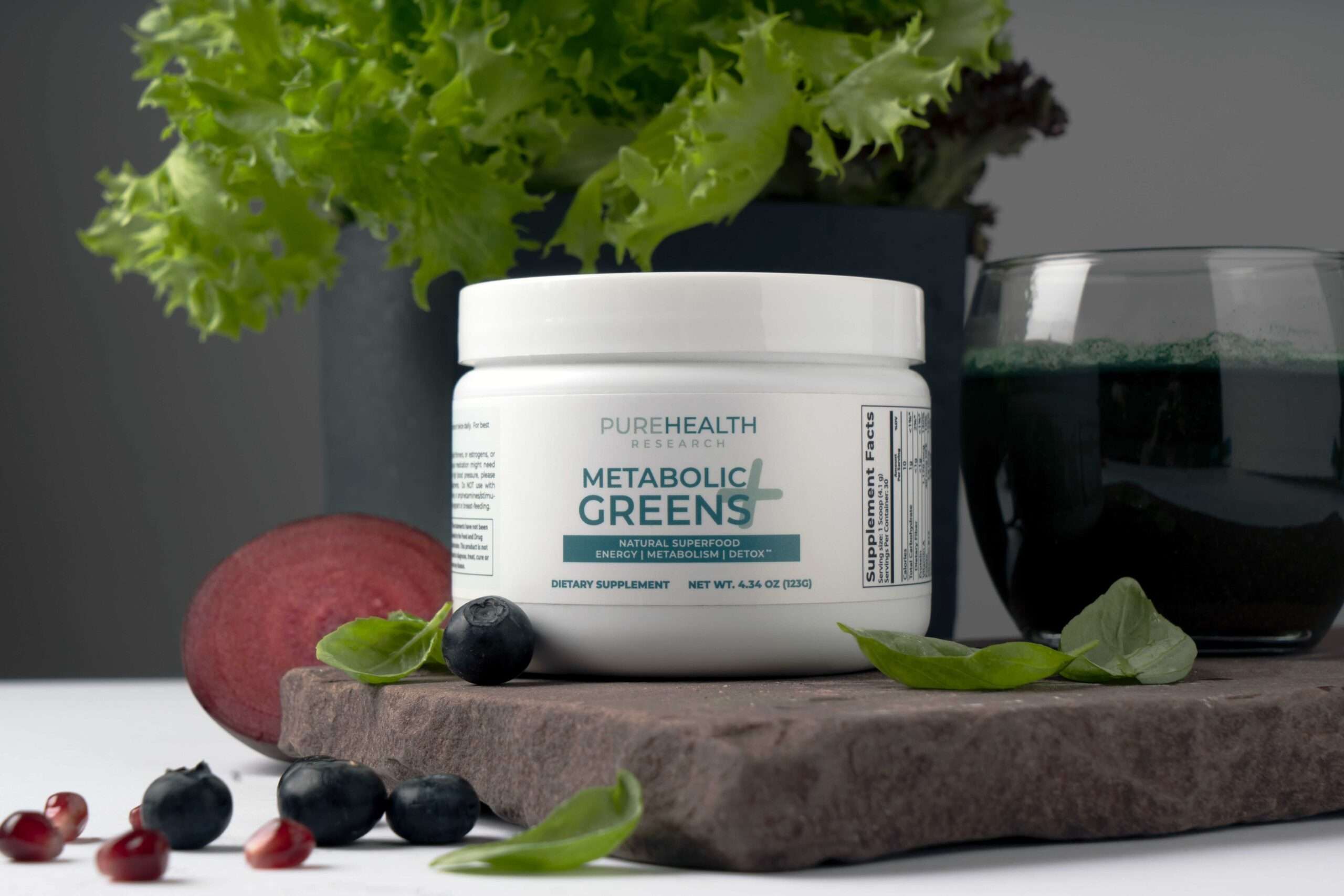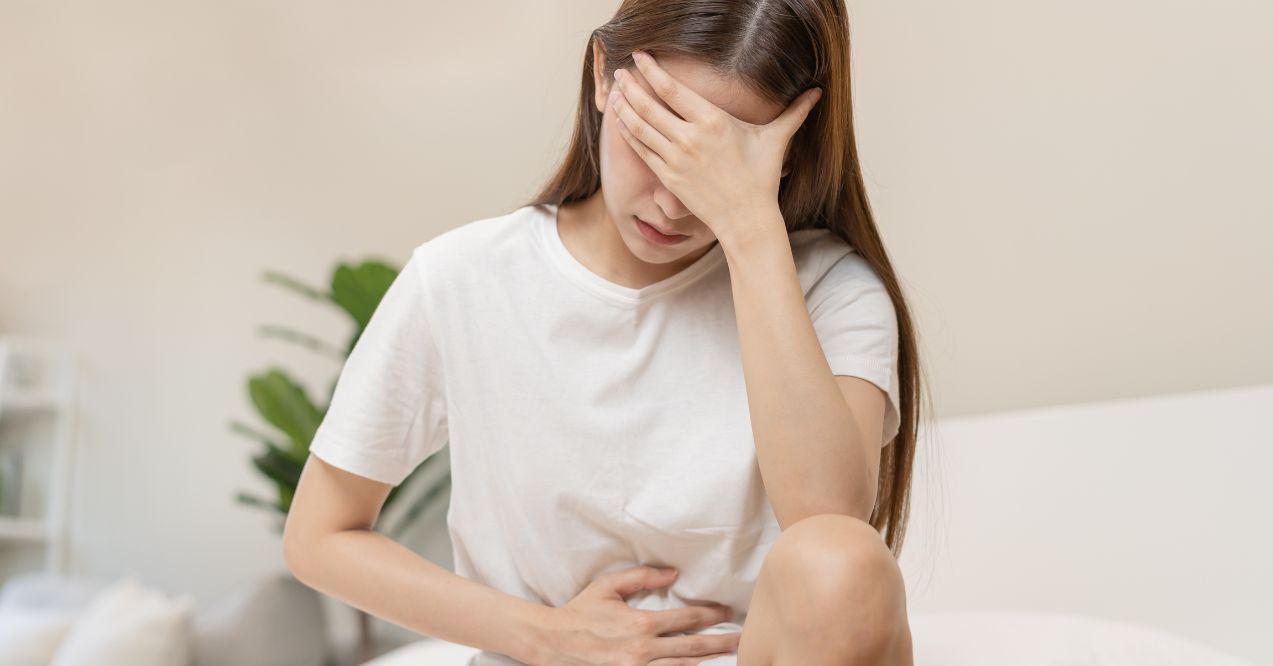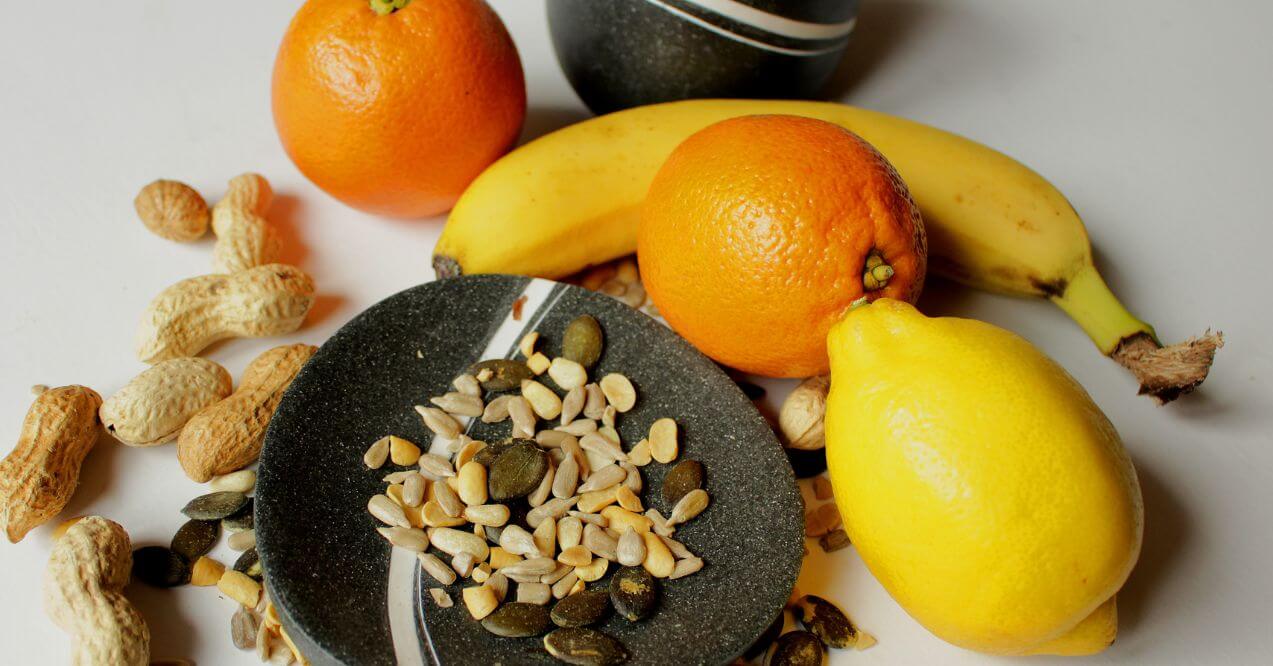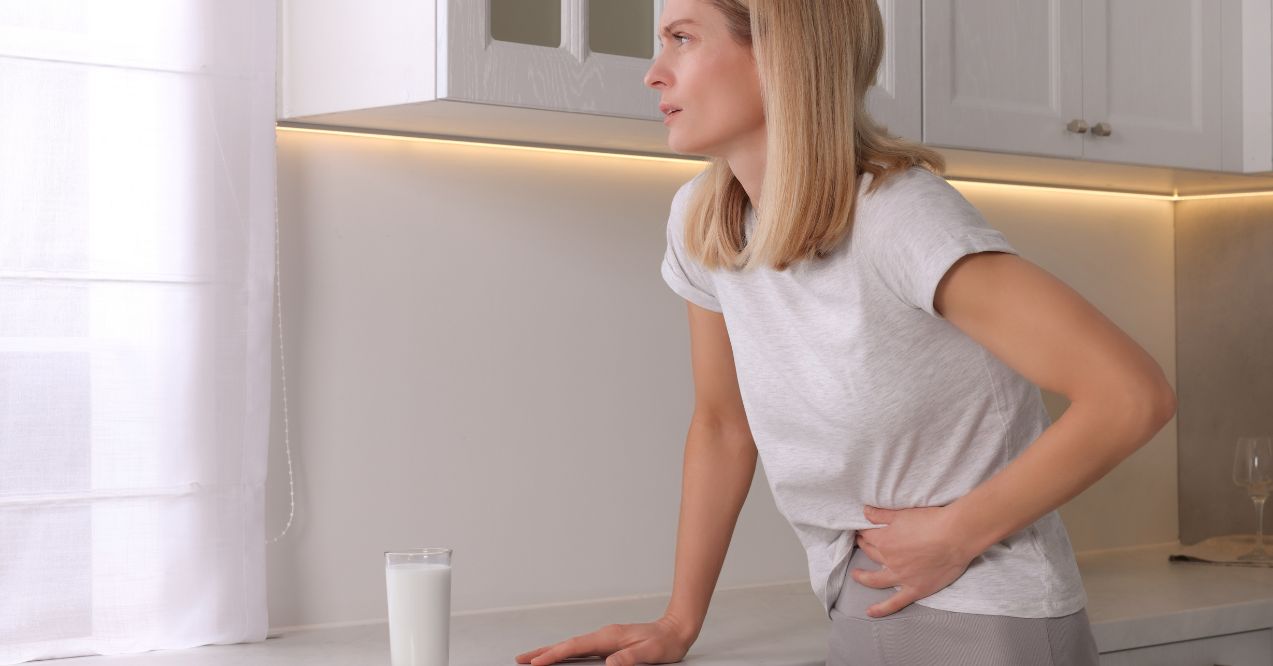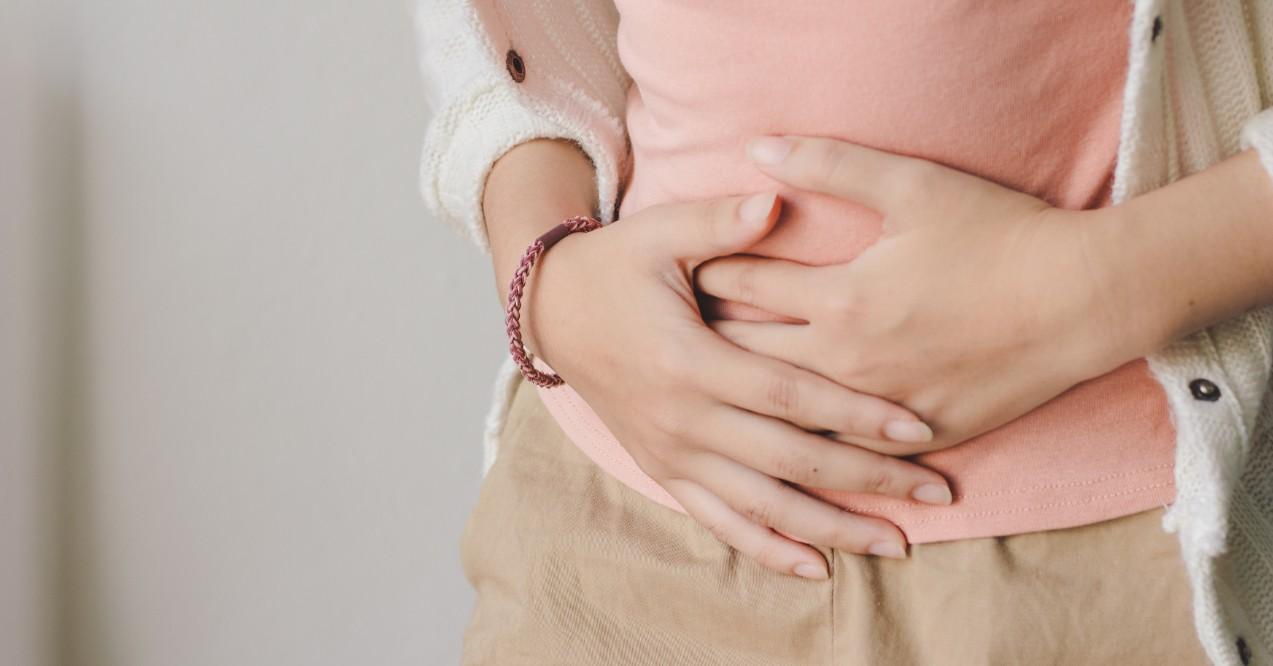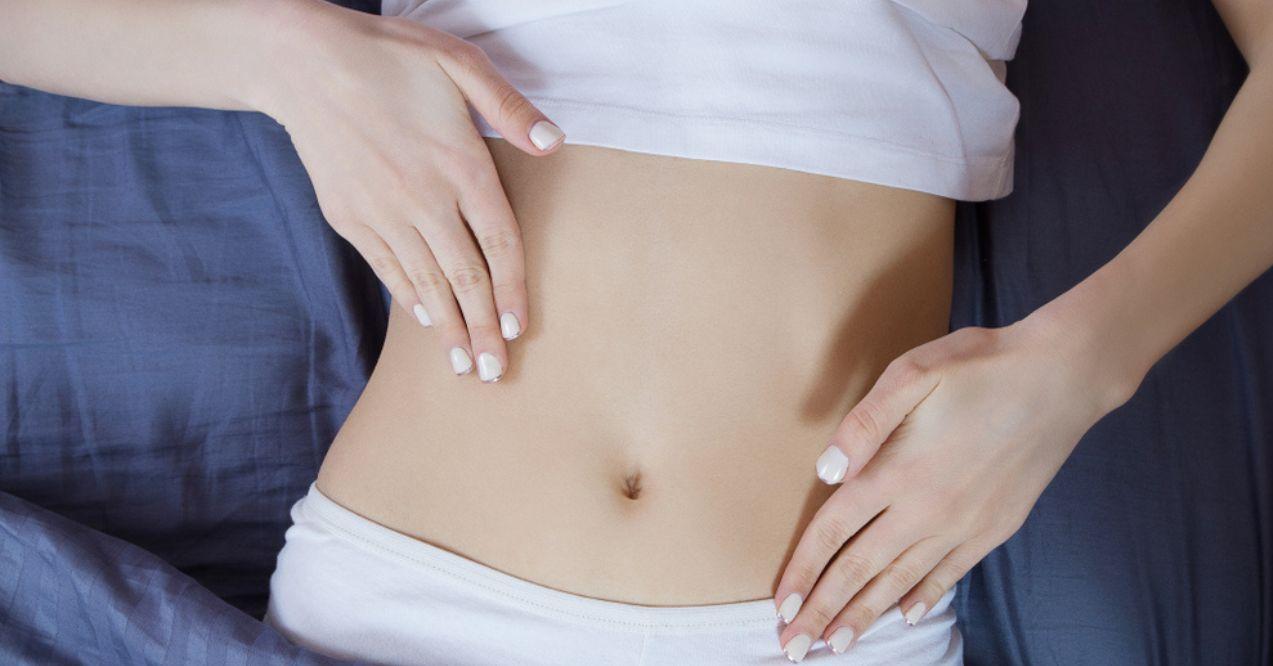How to Restore Gut Health After Antibiotics? A Step-by-Step Guide
Medically reviewed by our experts
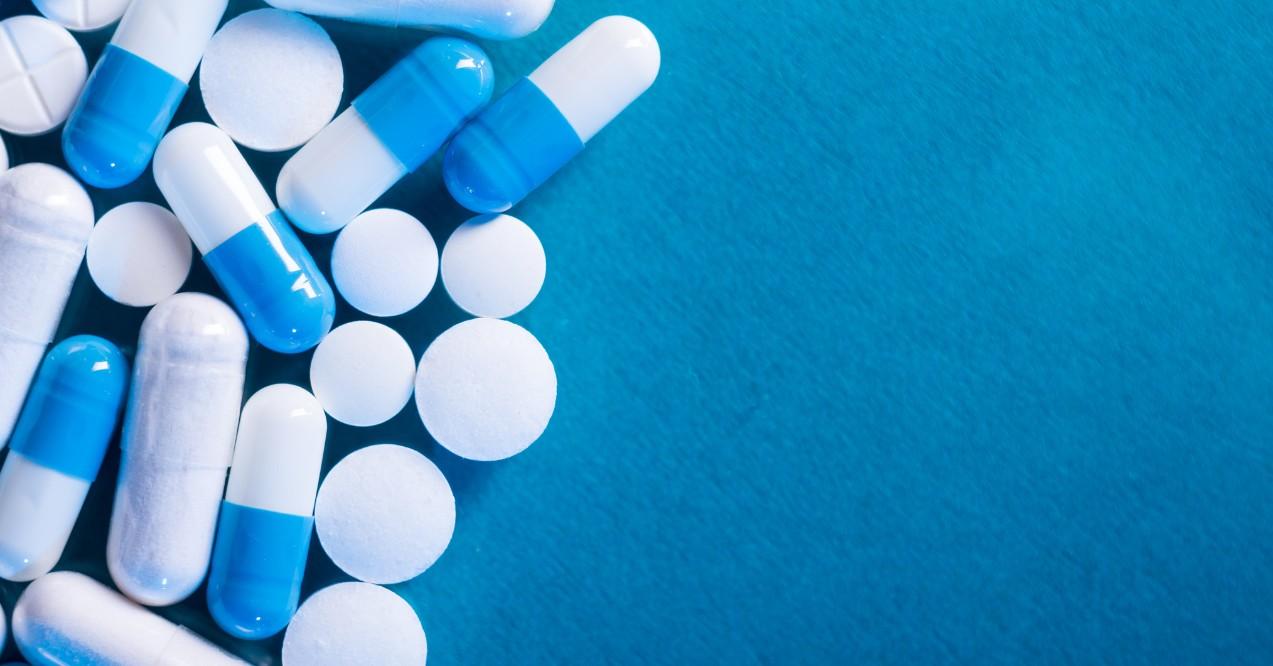

Embarking on the journey of how to restore gut health after antibiotics is essential for anyone who has recently completed a course of these potent medications, while effective against infections, also disrupt beneficial gut bacteria. This imbalance, known as dysbiosis, can lead to bloating, gas, and digestive issues.
Antibiotics don’t differentiate between harmful and helpful bacteria, depleting the gut’s natural defenders. Understanding their impact is key to rebuilding a healthy microbiome.
This guide explores how antibiotics affect gut health, their short- and long-term effects, and practical recovery strategies. From dietary adjustments to probiotics and lifestyle changes, learn how to restore balance and support overall well-being.
Deep Dive into Antibiotics and Gut Health

Why do Antibiotics Cause Stomach Issues?
Antibiotics designed to eliminate harmful bacteria, unfortunately also target beneficial gut bacteria, crucial for maintaining digestive health. For instance, antibiotics may reduce populations of Lactobacillus and Bifidobacterium, which play key roles in digestion, nutrient absorption, and preventing the overgrowth of harmful bacteria.
This disturbance in the gut ecosystem may also lead to a temporary weakening of the gut barrier function, making the digestive system more susceptible to irritants and pathogens.
Additionally, when beneficial bacteria are diminished, it might impact the production of certain gut-based neurotransmitters and acids, further contributing to digestive distress. Addressing these issues is not only about alleviating immediate discomfort but also forms a crucial part of the strategy on how to rebuild the immune system after antibiotics, considering the gut’s pivotal role in immune function.
Signs of Gut Health Issues
When trying to determine if you’re experiencing gut health issues following antibiotic treatment, there are several key signs to watch out for:
- One of the most noticeable signs is an alteration in your digestive routine, characterized by either unusually frequent or infrequent bowel movements, or even a fluctuating pattern between the two.
- Another sign is increased bloating or gas, which may occur when there’s an imbalance in the gut flora and certain bacteria overproduce gas as they metabolize food.
- You might also experience abdominal pain or discomfort, which may be a direct result of irritation in your gut lining caused by an imbalance in your microbiome.
- Additionally, if you notice an increased susceptibility to infections, or a general feeling of fatigue and malaise, it might be a sign that your gut health is compromised, affecting your overall immune response.
Paying attention to these symptoms is crucial in identifying gut health issues post-antibiotic use, as they might guide you towards seeking appropriate solutions and interventions for restoring your gut health.
How to Restore Gut Health After Antibiotics?
Navigating the path to gut health restoration after antibiotic use is a multi-faceted endeavor, involving various dietary and lifestyle changes. This step-by-step guide provides comprehensive strategies aimed at rebalancing and strengthening your gut microbiome.
From embracing probiotic-rich foods and supplements to avoiding processed items, each step is designed to counteract the disruptive effects of antibiotics on your gut flora. The guide also underscores the importance of rest, stress management, and regular exercise, all of which play a crucial role in fostering a healthy gut environment. Together, these measures offer a holistic approach to recuperating and maintaining optimal gut health post-antibiotic treatment.
Eat Probiotic Foods
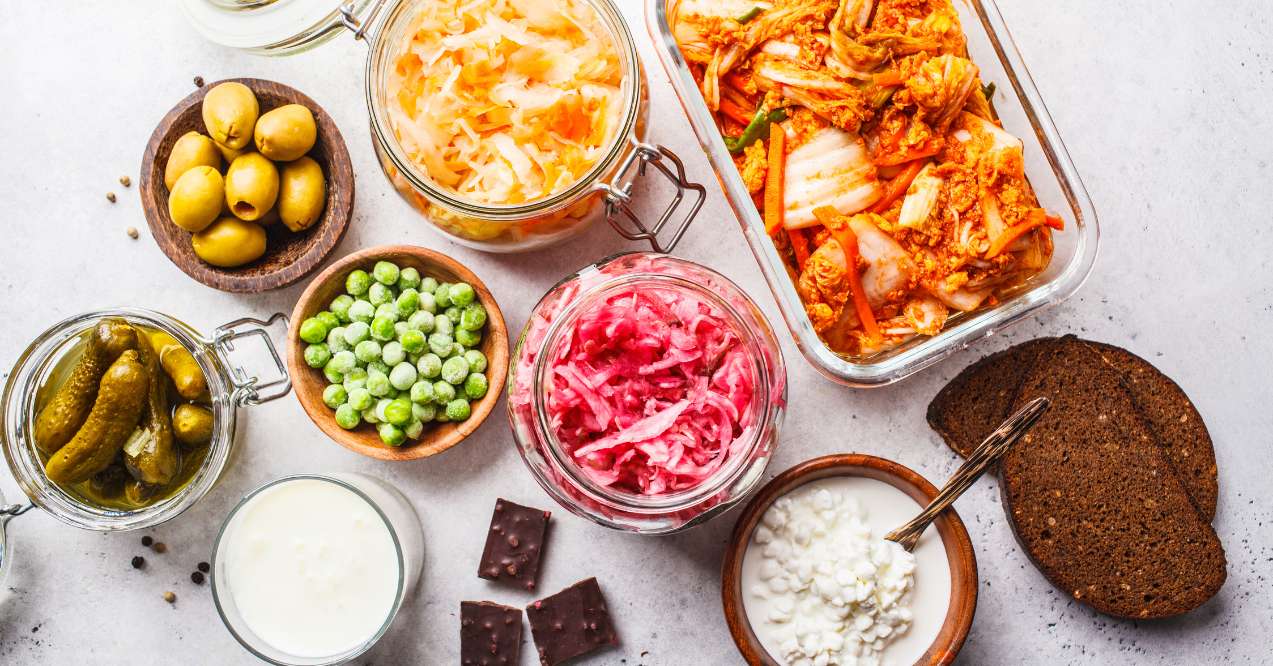
Restoring gut health after a course of antibiotics may benefit from incorporating probiotic-rich foods into your diet. These foods are loaded with beneficial bacteria that might help replenish the gut microbiome, fostering a balance disrupted by antibiotic treatment.
Yogurt, for instance, is a widely available probiotic food, containing strains of lactobacilli and bifidobacteria, known to aid in digestion and strengthen gut integrity. Similarly, fermented foods like kefir, sauerkraut, kimchi, and kombucha offer a diverse range of probiotics.
Each of these foods brings unique strains of beneficial bacteria, contributing to a rich and diverse gut flora. Including these in your daily meals not only aids in repopulating the gut with good bacteria but also helps in enhancing the overall function of the digestive system.
These natural probiotics work synergistically to restore the gut’s ecosystem, making them a simple yet effective strategy in regaining gut health post-antibiotic therapy.
Take Probiotic Supplements
In the quest to understand how to restore gut health after antibiotics, taking probiotic supplements may be a highly effective strategy. Probiotic supplements introduce beneficial bacteria directly into the gut, aiding in replenishing and rebalancing the microbiome disrupted by antibiotic treatment.
These supplements for gut health and digestion often contain a variety of probiotic strains, each contributing to gut health in different ways. For instance, they might help in restoring the natural balance of gut flora, enhancing digestive function, and boosting the body’s immune response.
A notable example of such a supplement is Metabolic Greens+ created by PureHealth Research and recommended by Dr. Holly Lucille, ND. It’s a premium daily drink mix that includes 10 gut-nourishing probiotics and prebiotics, specifically designed to optimize gut microflora and support gut integrity, immunity, nutrient absorption, and various metabolic functions.
By incorporating a supplement like this into your daily routine, you might aid in the recovery and maintenance of a healthy and balanced gut ecosystem, especially after the disruption caused by antibiotics. Ready to explore? Click here to visit our product collections page.
Avoid Processed Foods

Restoring gut health after antibiotics involves mindful dietary choices, particularly avoiding processed foods. These foods are often laden with additives, preservatives, and high levels of sugar and unhealthy fats that may negatively impact the delicate balance of gut microbiota. This might contribute to increased gut permeability, a condition often linked to the concept of “leaky gut.”
To counteract this, emphasize a diet rich in whole, unprocessed foods. Fresh fruits and vegetables, for example, provide essential vitamins, minerals, and fiber that nourish gut bacteria. Lean proteins, such as fish, chicken, and plant-based options like lentils and beans, are excellent for gut health, offering essential nutrients without the harmful additives found in processed meats. Whole grains, including quinoa, brown rice, and oats, are another key component. They are rich in fiber, which acts as a prebiotic, feeding the beneficial bacteria in your gut. Nuts and seeds, like almonds, chia seeds, and flaxseeds, offer healthy fats and additional fiber, further supporting gut health.
By avoiding processed foods, you reduce the intake of substances that may harm beneficial gut bacteria, aiding in the process of how to fix your leaky gut. Emphasizing whole, unprocessed foods helps create an environment in the gut that supports the growth and activity of healthy bacteria, facilitating the restoration of gut health post-antibiotic treatment.
Get Plenty of Rest

Restoring gut health after a course of antibiotics isn’t just about dietary changes; it also involves giving your body adequate rest. Getting plenty of sleep and allowing your body to relax are crucial for gut health recovery.
During sleep, the body engages in critical repair and rejuvenation processes that are vital for rebalancing the gut microbiome, which is often disrupted by antibiotics. This restoration phase is crucial as it supports the immune system and aids in the regeneration of the gut’s mucosal lining, a key factor in maintaining a healthy digestive tract.
Furthermore, rest plays a significant role in stress reduction, which is important since stress might adversely affect gut health. Quality sleep goes beyond mere physical rest; it involves a holistic recovery encompassing both mental and physical health. During deep sleep, the body’s healing processes are more effective, promoting the recovery and growth of beneficial gut bacteria. In addition, adequate rest helps in moderating the body’s inflammatory responses, which may be beneficial in repairing any gut damage caused by antibiotics.
By ensuring a regular sleep schedule and creating a conducive sleep environment, you might support your body’s natural ability to rebalance the gut microbiome. This, in turn, leads to improved digestive health and overall well-being. In summary, adequate sleep and rest are not just supplementary but essential components in the journey to restore and maintain optimal gut health post-antibiotic treatment.
Increase Fermented Foods
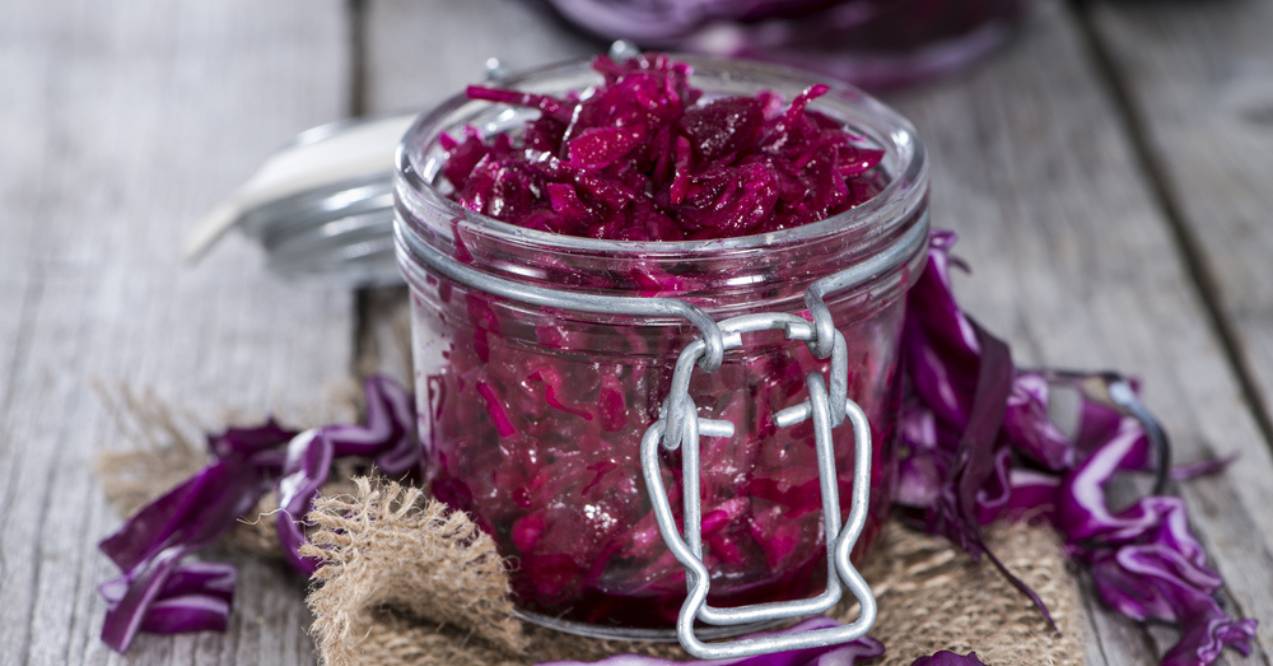
A key strategy in the journey of how to restore gut health after antibiotics is to increase the intake of fermented foods. Fermented foods, like yogurt, kefir, sauerkraut, kimchi, and miso, are rich in probiotics, which are beneficial bacteria that help in balancing the gut microbiome.
These foods contribute to the health and diversity of gut flora, an essential aspect when considering natural and the best leaky gut supplements. By incorporating these naturally probiotic-rich foods into your diet, you might aid in the recovery and strengthening of your gut lining, enhancing its ability to function properly and reducing the likelihood of gut permeability issues.
Reduce Your Stress Levels

Chronic stress may have a direct and negative impact on your gut health, exacerbating issues such as gut permeability and disrupting the balance of gut bacteria.
Engaging in stress-reduction techniques like mindfulness meditation, yoga, and deep breathing exercises might aid in calming the nervous system, which in turn helps in maintaining a healthy gut environment. Additionally, incorporating regular physical activities into your routine and prioritizing good quality sleep are key in managing stress.
These practices not only contribute to better mental health but also play a vital role in supporting the recovery of your gut microbiome, thereby enhancing the healing process and the overall effectiveness of your post-antibiotic gut health restoration efforts.
Exercise

In the journey to restore gut health after antibiotics, integrating exercise into your daily regime is crucial. Exercise not only bolsters overall physical fitness but also has a profound impact on the diversity and health of the gut microbiome.
Engaging in regular physical activity stimulates gut motility, essential for a well-functioning digestive system. Moreover, it fosters the growth of beneficial gut bacteria, counteracting the imbalance caused by antibiotic use.
This can range from gentle exercises like yoga and Pilates, which also aid in stress reduction, to more dynamic activities like jogging, swimming, or cycling.
Even moderate exercises like brisk walking or light aerobics may contribute. By incorporating a variety of these exercises, you might effectively support and expedite the recovery of your gut’s microbial balance, paving the way for improved gut health post-antibiotic treatment.
Conclusion
Antibiotics may disrupt gut flora, leading to dysbiosis and digestive issues, so recognizing signs of gut health issues post-antibiotics is crucial.
Understanding how to restore gut health after antibiotics is key to recovery. Eating probiotic-rich foods like yogurt, kefir, sauerkraut, kimchi, and kombucha helps replenish beneficial bacteria. Taking probiotic supplements, such as Metabolic Greens+ by PureHealth Research, provides direct gut microbiome support.
Avoiding processed foods prevents further imbalance, while adequate rest and sleep aid gut repair and immune function. Increasing fermented food intake supports gut flora diversity, and reducing stress through mindfulness, yoga, and quality sleep promotes balance. Regular exercise stimulates gut motility and encourages the growth of beneficial bacteria. These steps collectively contribute to a healthier gut environment, counteracting the disruption caused by antibiotics.
The time it takes to restore gut health after antibiotics varies, typically ranging from a few weeks to several months. The recovery duration depends on factors like the type of antibiotics used, the length of the treatment, individual health, diet, and lifestyle habits.
Yes, prebiotic foods can help in restoring gut health after taking antibiotics. Prebiotics are dietary fibers that feed the beneficial bacteria in the gut. Including prebiotic-rich foods in your diet, such as garlic, onions, bananas, and whole grains, can support the growth of healthy gut bacteria and aid in recovery.
The best probiotic foods for restoring gut health after antibiotics include yogurt, kefir, sauerkraut, kimchi, miso, and kombucha. These foods are rich in beneficial bacteria, which help replenish and balance the gut microbiome disrupted by antibiotic treatment.
Popular Articles
Advertisement. This site offers health, wellness, fitness and nutritional information and is designed for educational purposes only. You should not rely on this information as a substitute for, nor does it replace, professional medical advice, diagnosis, or treatment. If you have any concerns or questions about your health, you should always consult with a physician or other health-care professional. Do not disregard, avoid or delay obtaining medical or health related advice from your health-care professional because of something you may have read on this site. The use of any information provided on this site is solely at your own risk.
